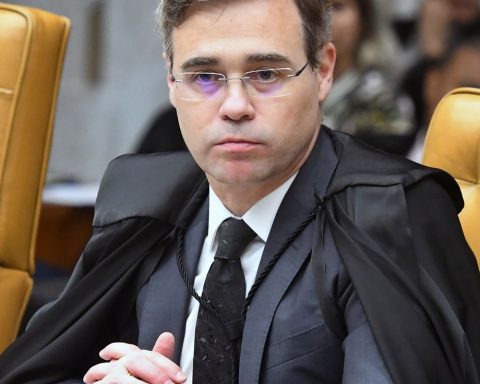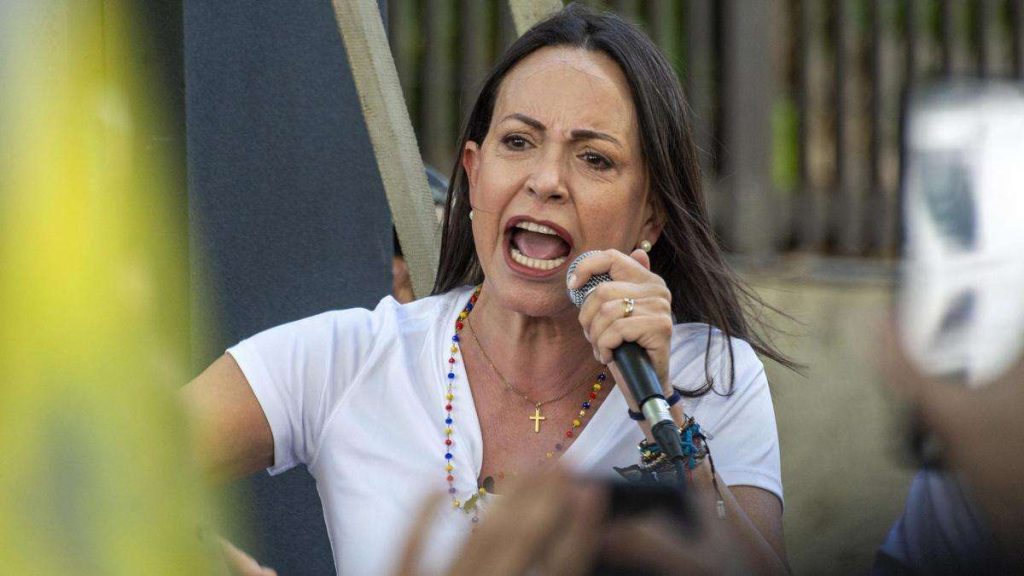The increase in spending on Social Security caused the government to block more than R$6 billion from the 2024 Budget, the Ministries of Planning and Budget and Finance announced on Friday night (22). The volume of frozen resources rose from R$13.3 billion to R$19.3 billion.
The numbers appear in the new edition of the Bimonthly Revenue and Expense Report, a document that guides the execution of the Budget sent today to the National Congress.
According to the report, the contingency budget remains zero. Thus, the total blocked is R$19.3 billion.
Both the contingency and the blockade represent temporary spending cuts. The new fiscal framework, however, established different motivations. Blocking occurs when government spending grows more than the limit of 70% of revenue growth above inflation. Contingency occurs when there is a lack of revenue that compromises the achievement of the primary result target (result of government accounts without interest on public debt).
In relation to the blockade, the main increases in expenses that justified the increase of R$6 billion were the increases of R$7.7 billion in estimates of spending on Social Security and of R$612.1 million in spending on the Benefit of Continuous Payment (BPC).
These increases were partially offset by the forecast drop of R$1.9 billion in estimates of personnel expenses, due to the review of expenses with cash bonuses, and R$2.6 billion with subsidies and grants.
Primary deficit
In relation to the primary deficit, the report reduced the forecast of a negative result in public accounts from R$68.8 billion to R$65.3 billion. The reduction occurs because the estimate for expenses outside the new fiscal framework fell from R$40.5 billion to R$36.6 billion, a decrease of R$3.9 billion.
Expenses outside the fiscal framework are extraordinary credits for the reconstruction of Rio Grande do Sul, which fell from R$38.6 billion to R$33.6 billion. On the other hand, extraordinary credits for fighting forest fires and combating climate change rose from R$514 million to R$1.45 billion, following a decision by the Federal Supreme Court that authorized the exclusion of these expenses from the primary result target.
The primary deficit represents the difference between government revenues and expenditures without interest on public debt. The fiscal framework establishes a target of zero deficit for this year, disregarding the exceptions of extraordinary credits and payment of court orders, with a tolerance margin of up to R$28.76 billion more or less.
The new version of the report increased the primary deficit estimate considered in the fiscal framework from R$28.35 billion to R$28.74 billion. As the difference, of R$388.5 million, does not exceed the tolerance margin, there was no contingency.
This increase of R$388.5 billion is due to a decrease of R$3.75 billion in net revenue (government revenue minus transfers to states and municipalities). In return, the estimate of primary expenses fell by R$7.28 billion, considering both the R$6 billion blocked and the decrease in the estimate of R$1.17 billion in discretionary (non-mandatory) spending due to resources that will not be able to be spent by the end of the year.
Despite the decrease in the revenue estimate, minister Fernando Haddad said that revenue is meeting expectations in 2024 because the primary deficit forecast is within the tolerance margin. “Since the beginning of the year, we have been reaffirming, against all odds, [que] there will be no change in the target of the primary result. We are already in the last month of the year, practically convinced that we are capable of meeting the target established last year”, he said on Thursday (21).

















